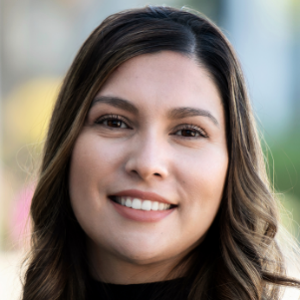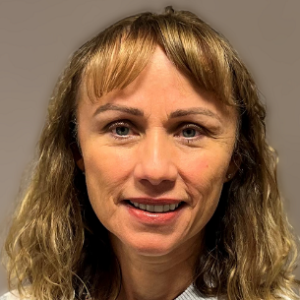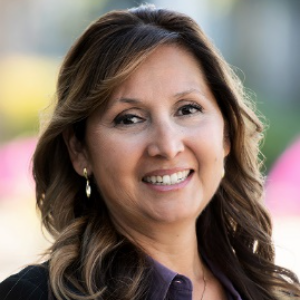Xizheng Li, Zhengzhou University, China
Background: With the rapid development of cloud computing, big data and other medical information technology, China has vigorously pushed forward the construction of information technology in hospitals. he National Nursing Career Development "14th Five-Year Plan" (2021- [....] » Read More










Title : Overview of augmented intelligence for nursing
Adele Webb, Strategic Education, Inc., United States
Will be Updated Soon...
Title : Eye contact seen from autism. A descriptive qualitative multicenter study into visions and experiences with regard to eye contact, a comparison between adults with and without autism
Jos Boer, UMC Utrecht, Netherlands
Background: Eye contact in autism is said to be different than in all other populations worldwide. But despite decades of research on the nature of eye contact in autism, no definitive conclusions can be made. This while more understanding of this phenomenon could help overcome s [....] » Read More
Title : Development of a coaching program on leadership for selected personnel in a healthcare environment
Mark Jeembs M Pineda, University of the Philippines Manila, Philippines
Introduction: Effective leadership is crucial in the healthcare sector, significantly impacting organizational performance and patient outcomes. Strong leaders enhance team dynamics, improve communication, and foster a culture of continuous improvement, that leads to better [....] » Read More
Title : Healthcare system sponsored CNA training program creates opportunity and increases workforce
John R Balcuk, Northwell Health Huntington Hospital, United States
Background: The recent jump in turnover attributed to the pandemic of the majority of positions within hospitals has subsided, with the exception of one vital role, Certified Nursing Assistants (NSI Nursing Solutions Inc., 2024). Certified Nursing Assistants (CNA) was the positio [....] » Read More
Title : Exploring pre-registration nursing students’ experiences of mentorship by new graduate registered nurses (NGRNs) during clinical placement.
Sheetal Sood, Western Sydney University, Australia
Background: Clinical placement supports pre-registration nursing students to develop essential professional skills such as critical thinking and problem-solving, social skills, communication skills, and professional attitudes and ethical principles. Pre-registration nursing stude [....] » Read More
Title : Application of immersive orthopedic surgery cooperation workshops in operating rooms
Jianwen Yang, Second Affiliated Hospital of Zhejiang University School of Medicine, China
Purpose: This study delves into the practical application and significant importance of orthopedic surgery cooperation workshops in operating rooms. We elaborate on the establishment and implementation process of the workshops, covering various aspects such as the design of train [....] » Read More
Title : Evaluating the effectiveness of resilience education in transition to practice programs for new graduate nurses
Kristie Richardson, Piedmont Healthcare, United States
Purpose: This study evaluates the effectiveness of the resilience education built into the Transition to Practice Program (TTP). Research Question: Does prioritizing wellness in a TTP build a resilient New Graduate Nurse (NGN)? Background: Fontanie et. al., (2021) define re [....] » Read More
Title : Pediatric evacuation drills: The process, the implementation and the learnings
Debra Miller, Nemours Children's Health, United States
Pediatric patients in a hospital setting are an at-risk population that require safe and efficient evacuation in the event of a natural disaster. Since 2014 there have been 278 Natural Disasters in the United States (Em-Dat). At Nemours Children’s Hospital, Delaware (NCH-D) [....] » Read More
Title : Pediatric evacuation drills: The process, the implementation and the learnings
Meredith Reape, Nemours Children's Health, United States
Pediatric patients in a hospital setting are an at-risk population that require safe and efficient evacuation in the event of a natural disaster. Since 2014 there have been 278 Natural Disasters in the United States (Em-Dat). At Nemours Children’s Hospital, Delaware (NCH-D) [....] » Read More
Title : Impact of geographical location on out-of-hospital-cardiac arrest in urban and rural populations
Heather Bullis, Colorado Mesa University, United States
Aim/Background: According to the World Health Organization cardiac arrest remains one of the world’s leading causes of mortality (2024) with markedly worse outcomes for those who experience out-of-hospital cardiac arrest (OHCA). The degree of urbanization can potentially in [....] » Read More